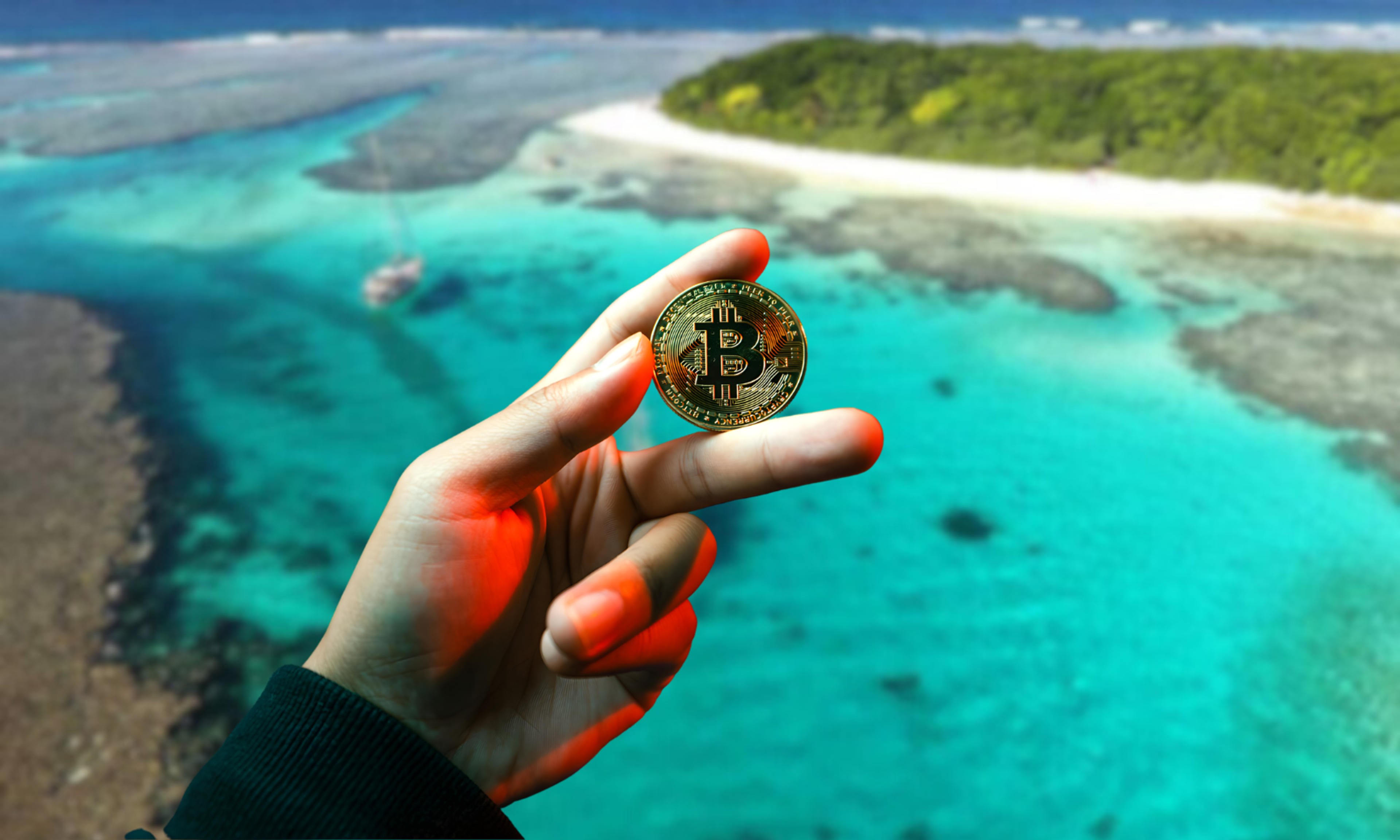
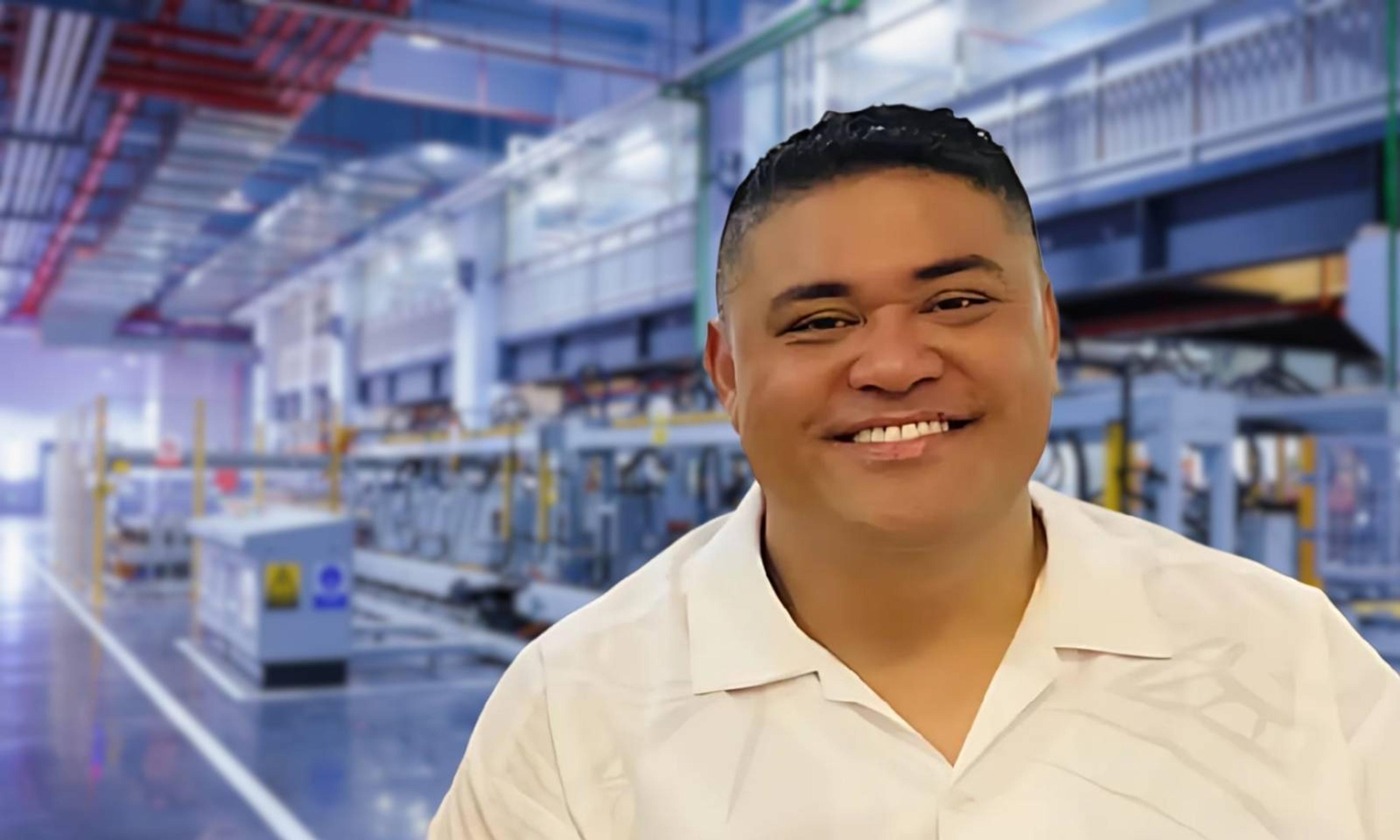
Fred Luatua.
Photo/Facebook/Unsplash
Upskilling Pacific workers: Oamaru pilot bridges industry and cultural approach
A new programme is preparing Pacific workers for shifts in manufacturing by weaving talanoa frameworks and pastoral care into digital skills training.


Pacific digital-finance push continues despite global crypto volatility
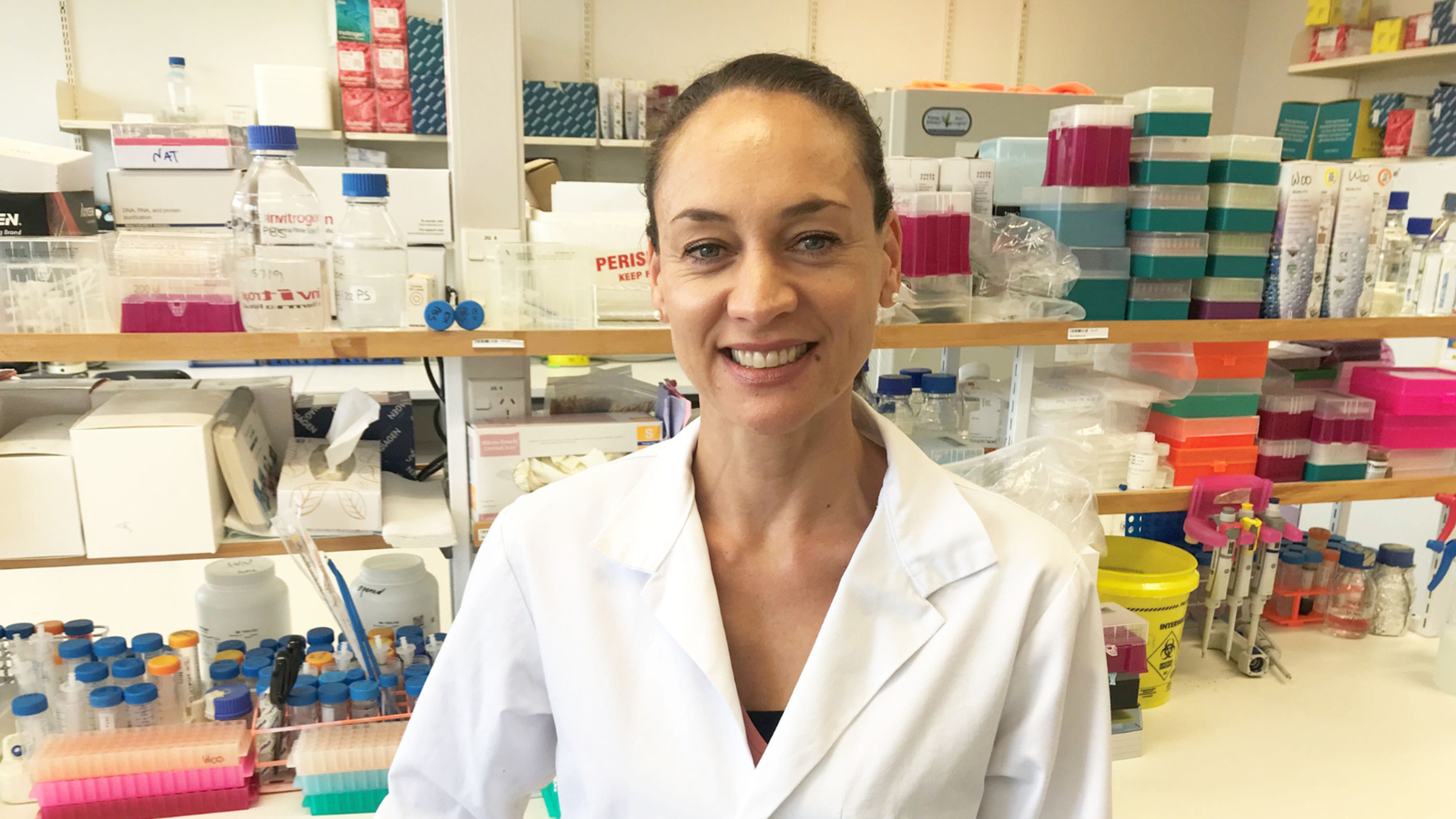
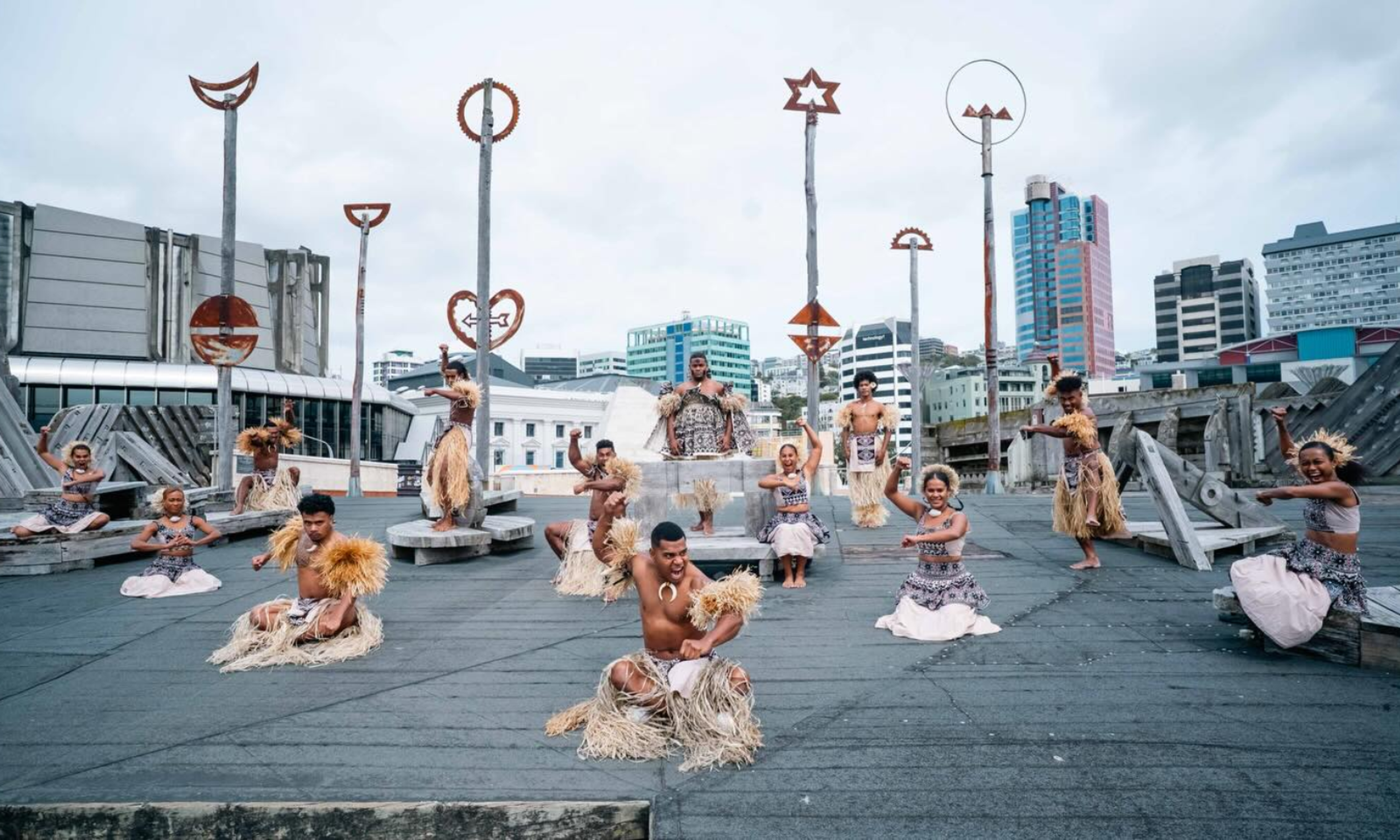
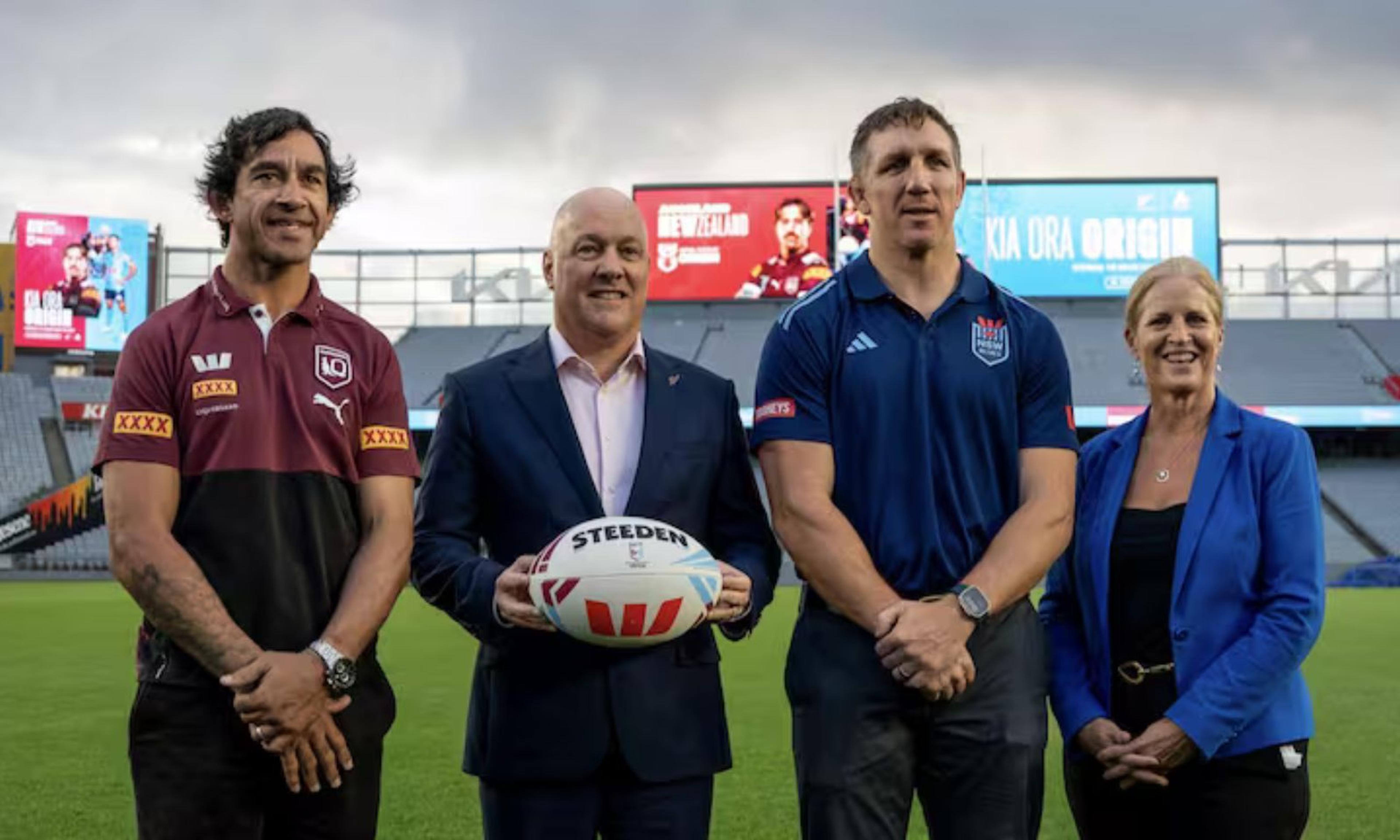
A new pilot programme in Oamaru is giving Pacific workers the chance to gain digital skills and formal qualifications while preparing for shifts in the manufacturing sector.
Project Fetu is a six-week training initiative accredited by NZQA and delivered two nights a week at the Oamaru Pacific Island Trust’s Learning Hub. The small-scale trial consists of 10 learners and is designed to strengthen literacy, numeracy, and digital capability.
Speaking with William Terite on Pacific Mornings, Fred Luatua, the Pacific Workforce Development Manager at Hanga-Aro-Rau, says the programme recognises the reality many Pacific people face, as they often leave school to go enter the workforce directly.
“This is just another opportunity to upskill our people within those careers and those who may not choose a traditional pathway with regards to education. This is [looking] at how we offer them, with a majority of them being our Pacific people, that opportunity to get a qualification and start their journey,” Luatua says.
He adds that rural areas face challenges around access to training. In Oamaru, the two biggest employers are the Alliance Group’s Pukeuri Plant and Godfrey Hirst, which Project Fetu is partnered with for its pilot.
“This pilot is looking at addressing the accessibility issue and hopefully removing some of those barriers that both industry and our communities face. So with our Pacific people working in those core roles in the region, the rural spaces and towns, it's important that they have the same opportunities for education,” Luatua says.
Listen to Fred Luatua’s full interview below.
The pilot focuses on a micro-credential in digital skills for manufacturing. The qualification model has emerged across Aotearoa in response to industry demand. Micro-credentials are short, stand-alone awards listed on the New Zealand Qualifications and Credentials Framework, typically between one and 40 credits. They are developed in areas where there is clear evidence of need.
Workforce Development Councils, introduced as part of reforms to vocational education, now play a key role in ensuring micro-credentials reflect industry priorities before they can be listed with NZQA.
As Project Fetu progresses into its second week, Luatua says the impact of the training extends beyond the classroom of 10 learners. He says they view their learners as representatives of their families.

Project Fetu aims to lead the way in upskilling the digital skills workers out in rural areas who struggle to access training. Photo/Unsplash
“It was a wonderful way to launch last week together. Even for the learners to bring in their families who say, ‘wow, my father is about to embark on this qualification’. It’s been a really positive start. We're hoping that the outcome will be just as strong and we can celebrate the end of the course.”
The Oamaru Pacific Island Trust, alongside it’s chief executive Mata’aga Hana Fanene-Taiti, are working with Learning Wave, an education provider from Auckland to deliver the course.
Luatua says the partnership signals their efforts to overcome the access barriers faced in rural areas.
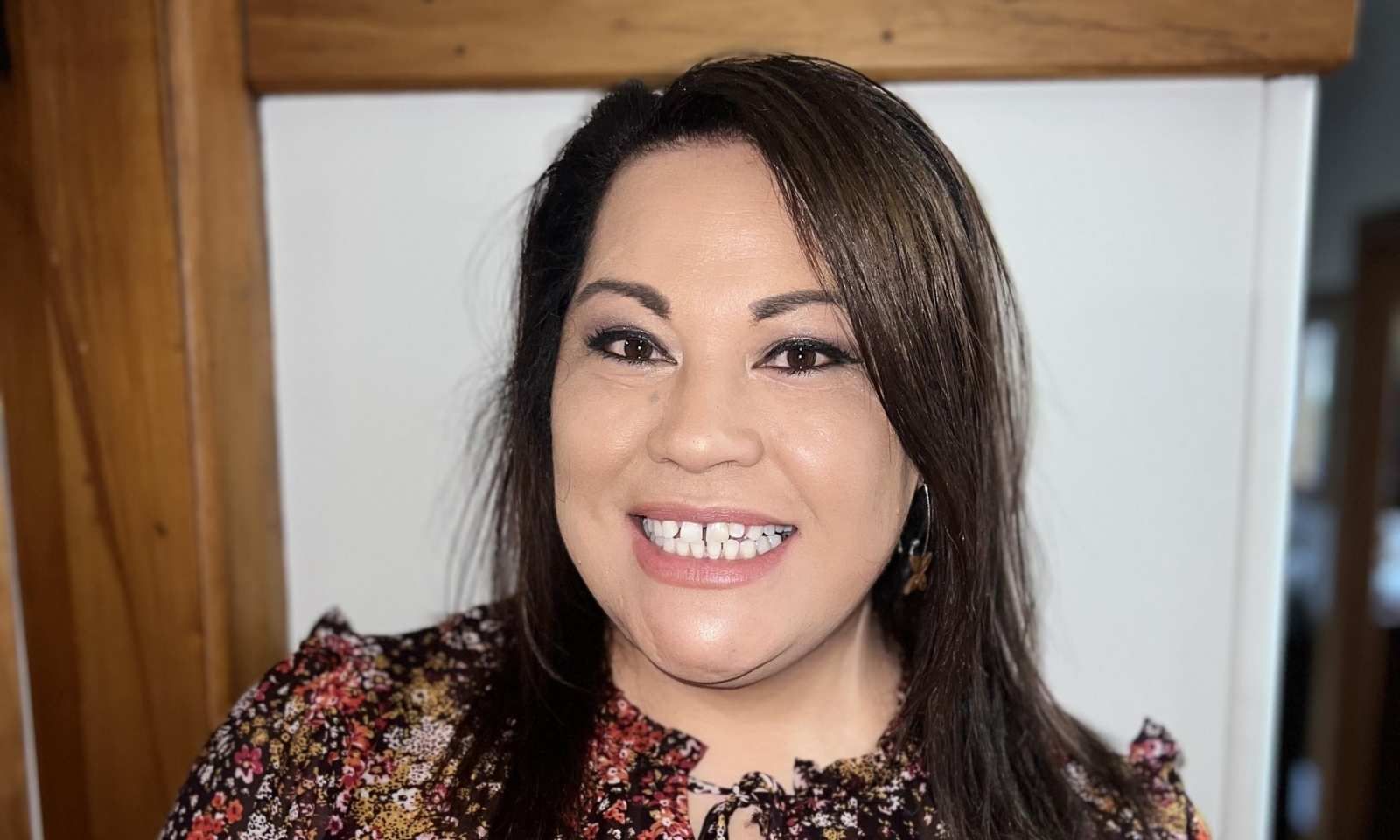
Oamaru Pacific Island Trust chief executive Mata’aga Hana Fanene-Taiti. Photo/Facebook
Alongside classroom delivery, the Trust is also offering pastoral care to support participants throughout the six-week pilot, helping them address any challenges that arise.
“If we can impact these men in such a way, then their children will see the benefits of what it is to continue to use education as a lever to progress their own pathway. The other positive of this course is its culturally inclusive training,” Luatua says.
He says the digital skills course combines on-the-job training with Pacific approaches to learning, incorporating talanoa frameworks and Pacific stories as teaching tools. He adds that it helps explain Western concepts in ways that connect with the learners’ own worldviews.
“At the same time, its relevance for the workplace is a benefit not just for industry, but also for our families. For the upskilling and also from an economic point of view, as it increases productivity. So all of those things, like who we are as Pacific, is a strength. That's what we're trying to weave in with the opportunity and the digital pilot.”
For Luatua, Project Fetu is also a test of whether a model that proved effective in Auckland can be adapted for use in smaller towns.
“We've seen it work at the metro level, but now we're testing it at a rural level. The hope we always want to aspire to is that these types of programmes will work for our Pacific people across the country.”